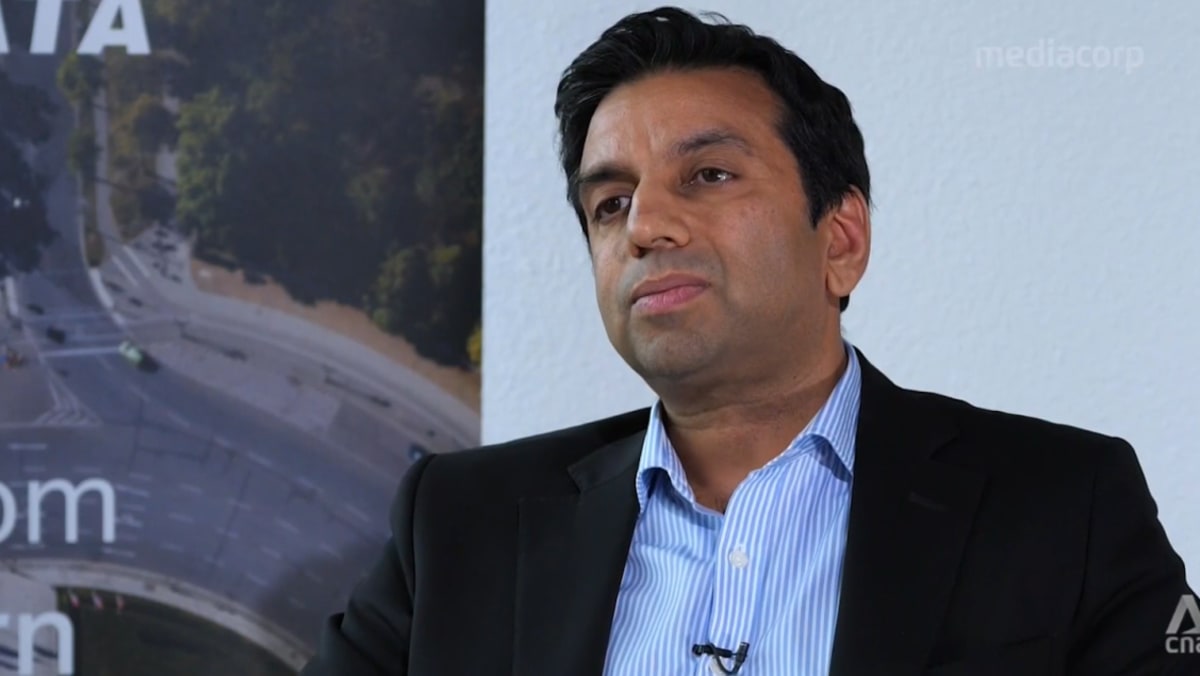Aviation industry needs to diversify how sustainable fuel is made, says IATA energy transition director
“We can see applications for the use of municipal waste which has been investigated in terms of certification, and also other pathways which use forestry residues, agriculture residues,” he said.
Sustainable aviation fuel is key to the sector’s energy transition, with IATA’s website saying it can reduce emissions by up to 80 per cent during its full life cycle.
But global food security has turned the spotlight on how sustainable aviation fuels are sourced.
STRICT CRITERIA FOR SUSTAINABILITY
Mr Mistry allayed concerns that sustainable aviation fuel production competes with food production.
The criteria which have been developed for sustainable aviation fuels “are probably more stringent than (for) other uses of renewable fuels”, he said.
“They’re certainly more exhaustive and we do make sure that there is no competition for crops, in terms of land or food use or water,” he said.
He added the criteria ensure that the credentials of sustainable aviation fuel are “very robust”.
There are also organisations that certify the fuels and provide the life cycle analysis of the cleaner alternative, which involves evaluating the environmental impact of a product from start to end.
NEED TO RAMP UP PRODUCTION
As the industry makes its journey towards greener skies, Mr Mistry called for the production of sustainable aviation fuel to be ramped up.
“Compared to last year, we’ve already got an increase of over 200 per cent in terms of production, but what we need is continued growth in that production,” he said.
He added that the expected refining capacity between now and 2027 of renewable fuel – of which sustainable aviation fuel is a subset – puts the industry on the projected path that it needs to be at by 2030.
“The capacity for overall renewable fuels is going to be there,” he said.
He noted that while most of the production capacity has been in Europe and the United States so far, more countries are entering the market. He cited Singapore and Indonesia, which will each be able to create an overall renewable fuel capacity of about 1 million tonnes per annum.
“The big question is: How much of the output of renewable fuel capacity will be sustainable aviation fuels?” he asked.
For all the latest business News Click Here

